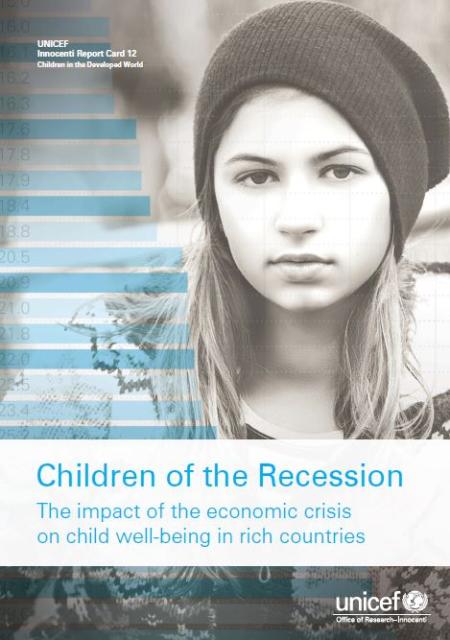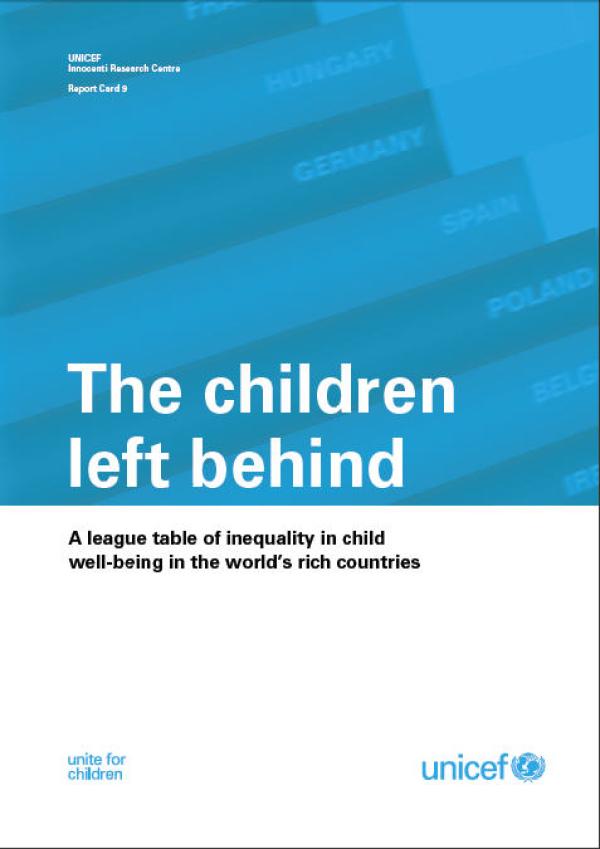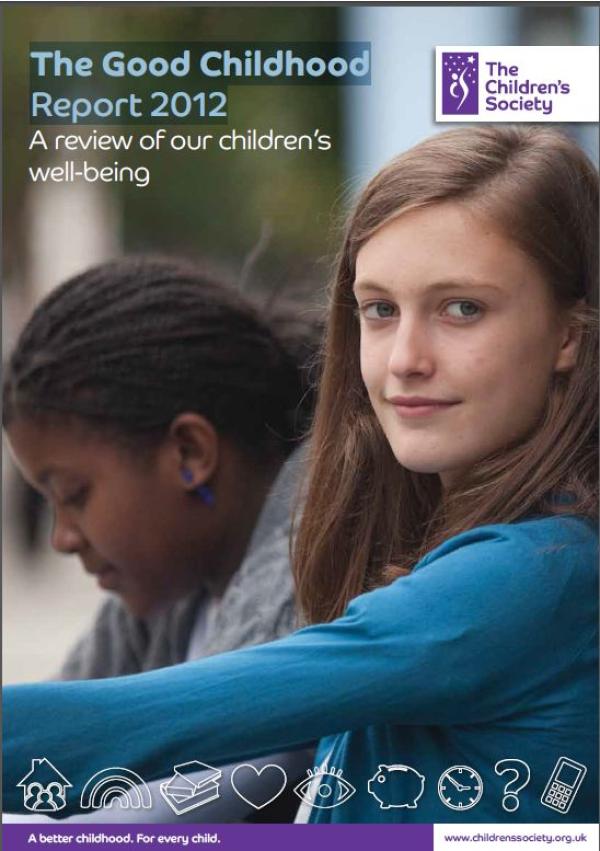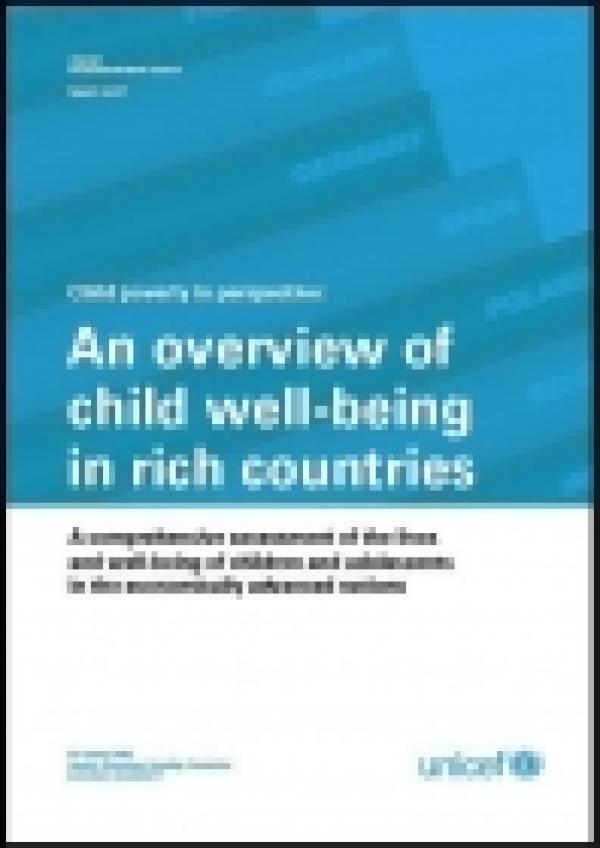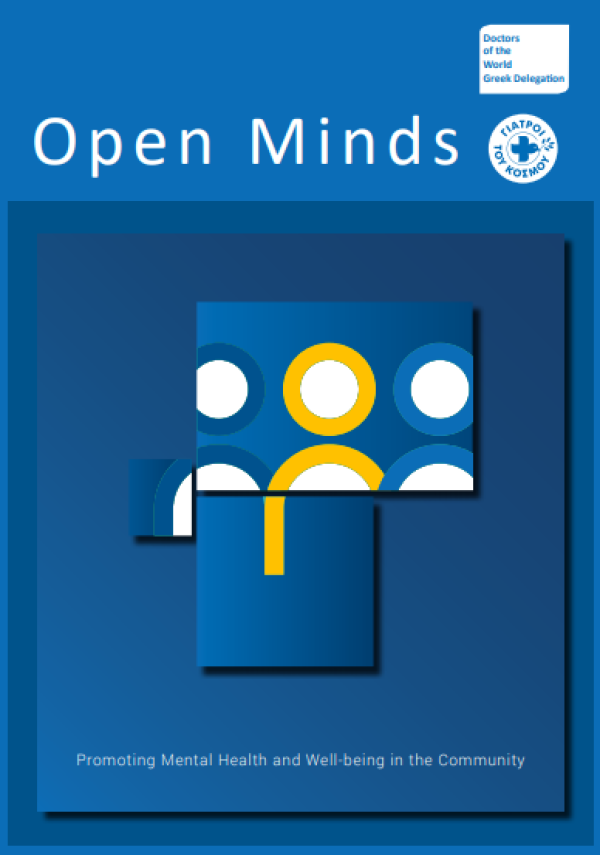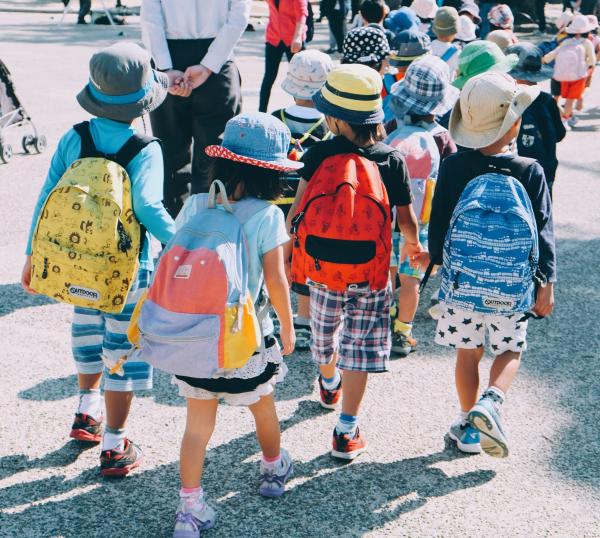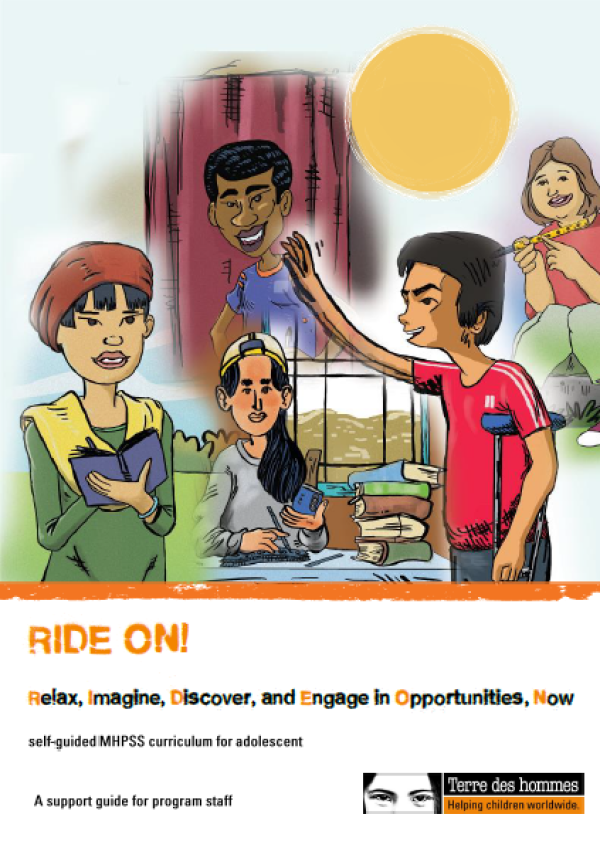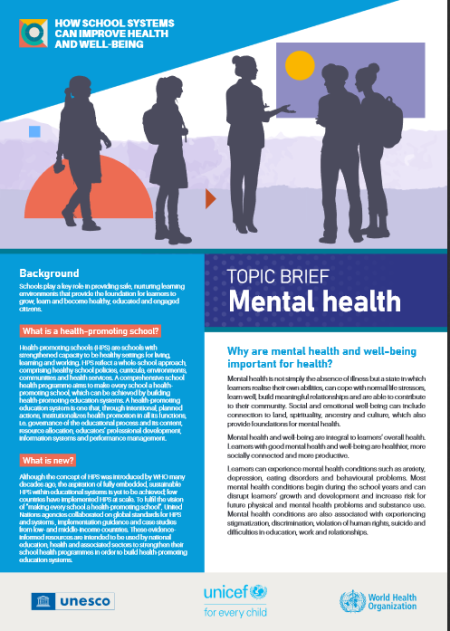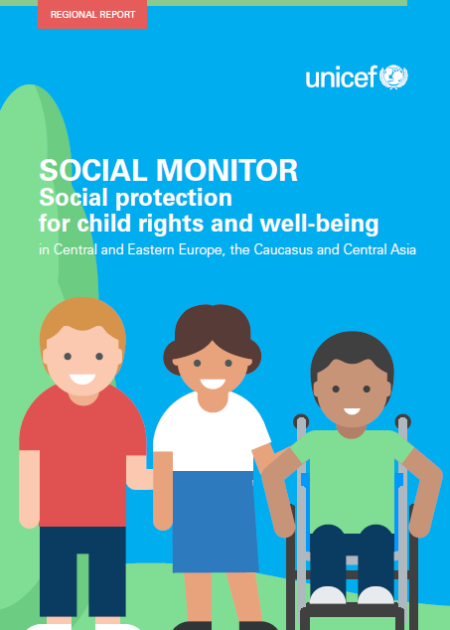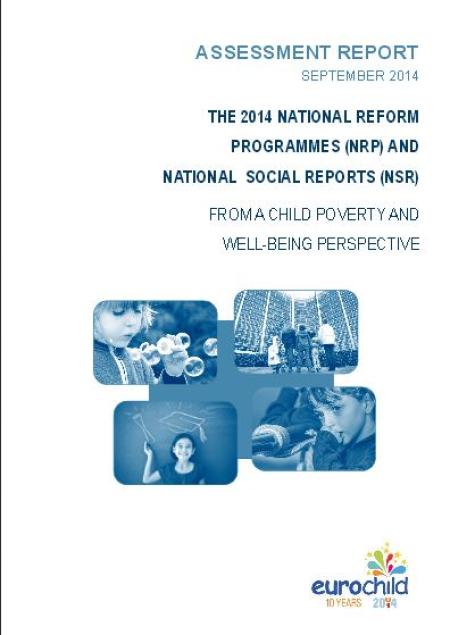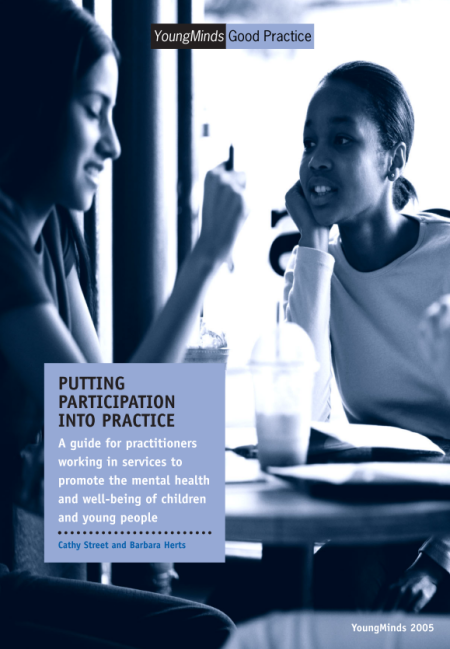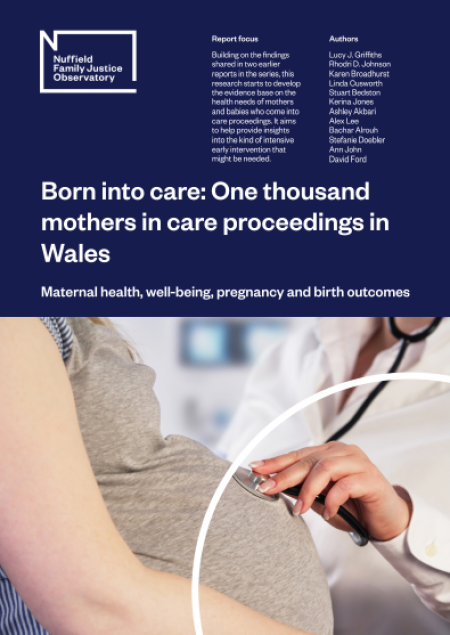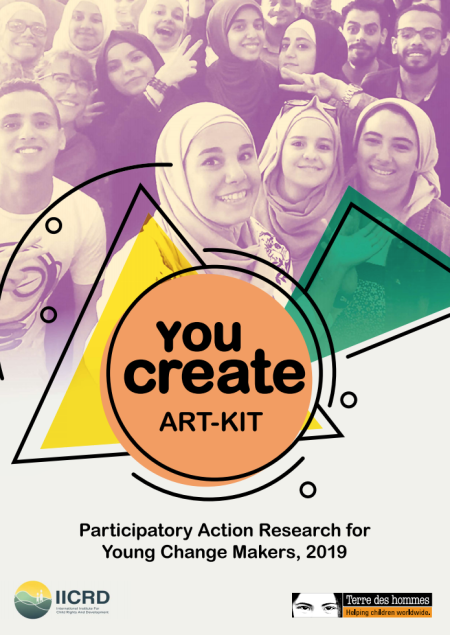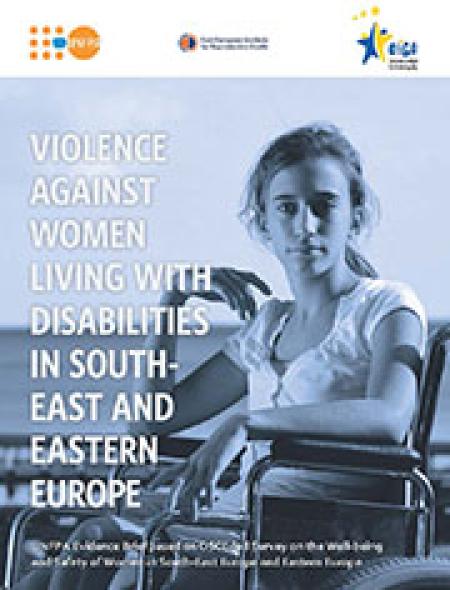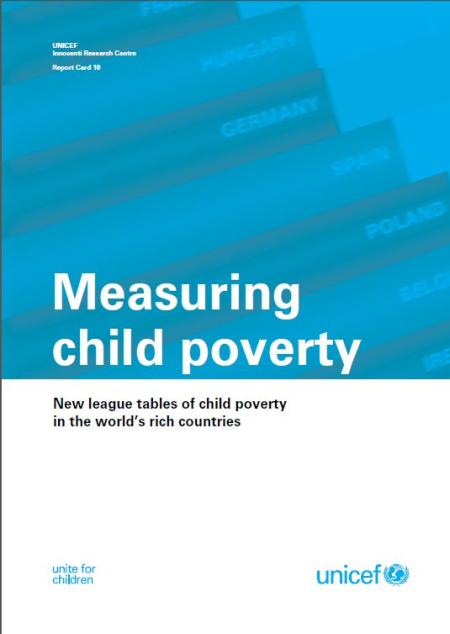
As the data in this new edition of the Innocenti Report Card series show, in the past five years, rising numbers of children and their families have experienced difficulty in satisfying their most basic material and educational needs. This report offers multiple and detailed perspectives on how the recession has affected children in the developed world. Official data have been used to rank the impact on children for countries in the European Union (EU) and/or the Organisation for Economic Co-operation and Development (OECD): In 23 of 41 countries analysed, and in many of the highly populated countries, child poverty (children living in households whose income isbelow the poverty line) has increased since 2008. In 18 countries child poverty has fallen, sometimes markedly.
The number of children entering into poverty during the recession is 2.6 million higher than the number that have been able to escape from it since 2008 (6.6 million, as against 4 million). Around 76.5 million children live in poverty in the 41 most affluent countries. The structure of the report is as follows: Section 2 features ‘league tables’, the flagship tool of the Innocenti Report Card series.
The tables rank the change, since the onset of the crisis, in the poverty levels of children; the impact of the recession on youth; and what repeated rounds of the Gallup World Poll show about the change in people’s perceptions of their life circumstances over the past five years. Section 3 describes the impact of the Great Recession on families, analysing the magnitude of the shock on children and comparing it with the condition of other social groups. It also explores the effects of the recession on youth seeking to enter or remain in the labour force in the middle of a recession. Section 4 offers an explanation for why this happened, looking at the period that preceded the crisis and describing the responses of different governments. Section 5 presents conclusions and recommendations.


